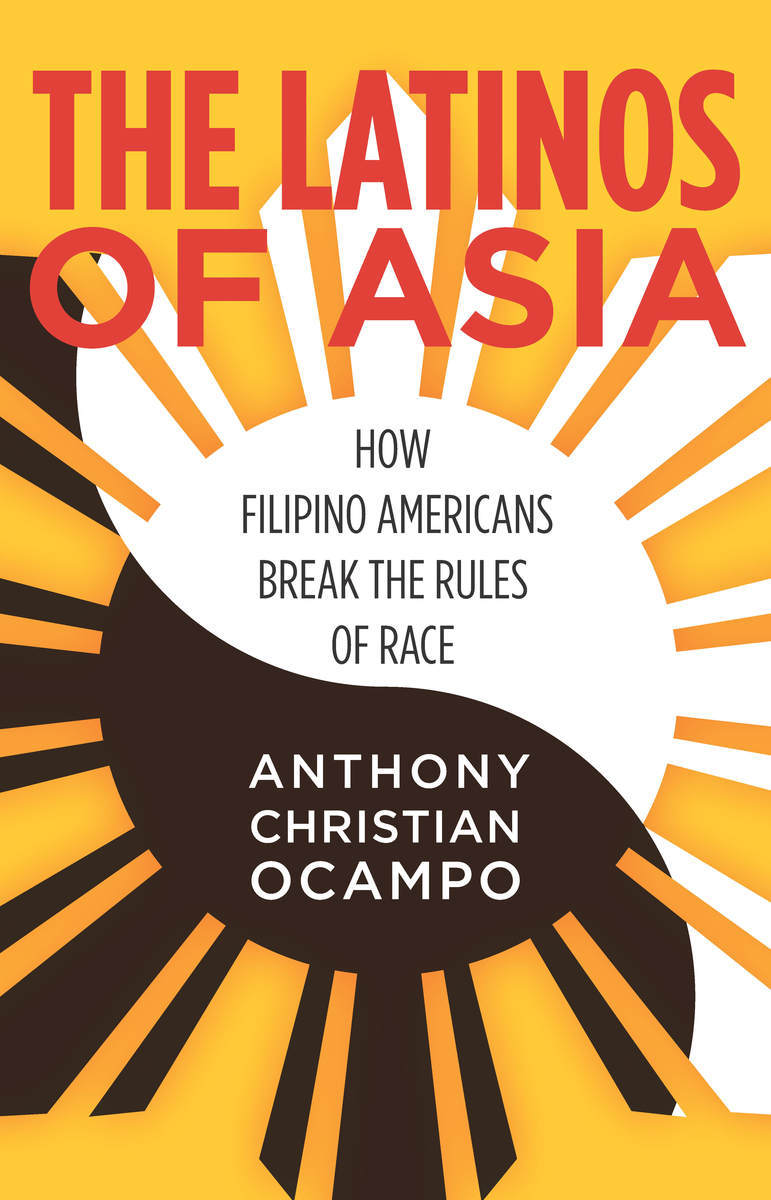The Latinos of Asia: How Filipino Americans Break the Rules of Race [Review]
Sociology of Race and Ethnicity
Volume 3, Issue 1, (January 2017)
pages 145-146
DOI: 10.1177/2332649216676788
Emily Walton, Assistant Professor of Sociology
Dartmouth College, Hanover, New Hampshire
Anthony Christian Ocampo, The Latinos of Asia: How Filipino Americans Break the Rules of Race. Stanford, CA: Stanford University Press, 2016. 272 pp. $22.95. ISBN 978-0-8047-9754-2
“For the first time ever, I felt like I was reading about my life,” my Filipina student told me when returning my copy of The Latinos of Asia. Her reaction highlights a major strength of Anthony Ocampo’s new book: It weaves an untold story. Though Filipinos are one of America’s longest-residing ethnic groups, academic and popular discourse provide little understanding of factors shaping their identity. Ocampo highlights the lived experiences of Filipino Americans as they navigate the multiple structures influencing their identities—legacies of colonization by both Spain and the United States, neighborhood environments, and educational institutions—structures that operate differently depending on one’s stage in the life course. On this front, The Latinos of Asia is a considerable achievement. Because of its broad accessibility, Ocampo’s book fills an important gap in our knowledge about an often-overlooked group while also providing a foundation for understanding the “unwritten rules of race.”
Ocampo’s book begins with a historical analysis of four centuries of colonial and dictatorial regimes in the Philippines. Having spent more than 300 years as a colony of Spain, today the Philippines is the only majority Roman Catholic society in Asia, Spanish words are embedded in Filipino languages, and there is a deep cultural focus on family as the center of social life. The subsequent 50 years of U.S. colonial rule resulted in continued subjection to extensive “civilization” projects for “America’s little brown brothers.” Most consequential was the complete overhaul of the educational system, which established English as the primary language of instruction. Independence from colonialism in 1946 was ultimately bittersweet, however, as it ushered in a period of poverty in the Philippines. Centuries of colonial rule had depleted the country’s rich natural resources, facilitated the underdevelopment of the national economy, and created a large pool of educated workers facing limited labor market opportunities. Dictator Ferdinand Marcos stepped in with promises of economic reform and established a labor migration program that funneled skilled Filipino workers throughout the world…
Read the entire review here.


